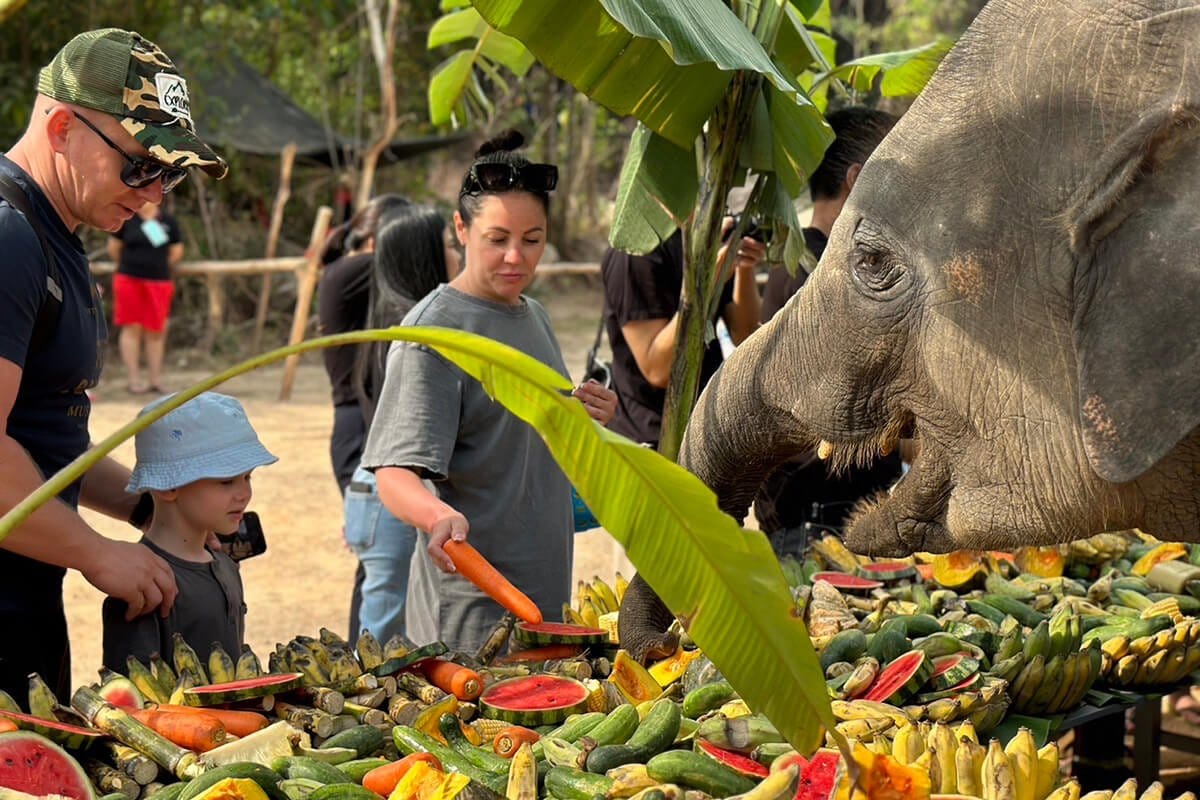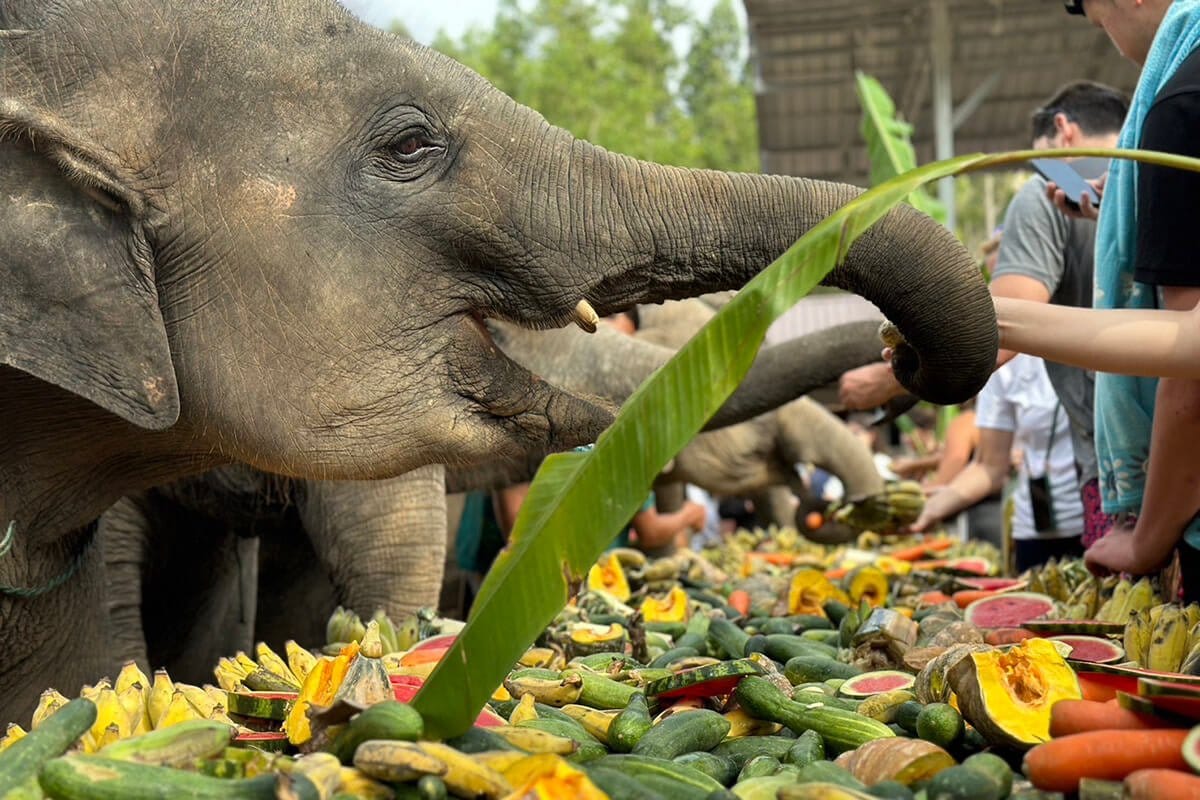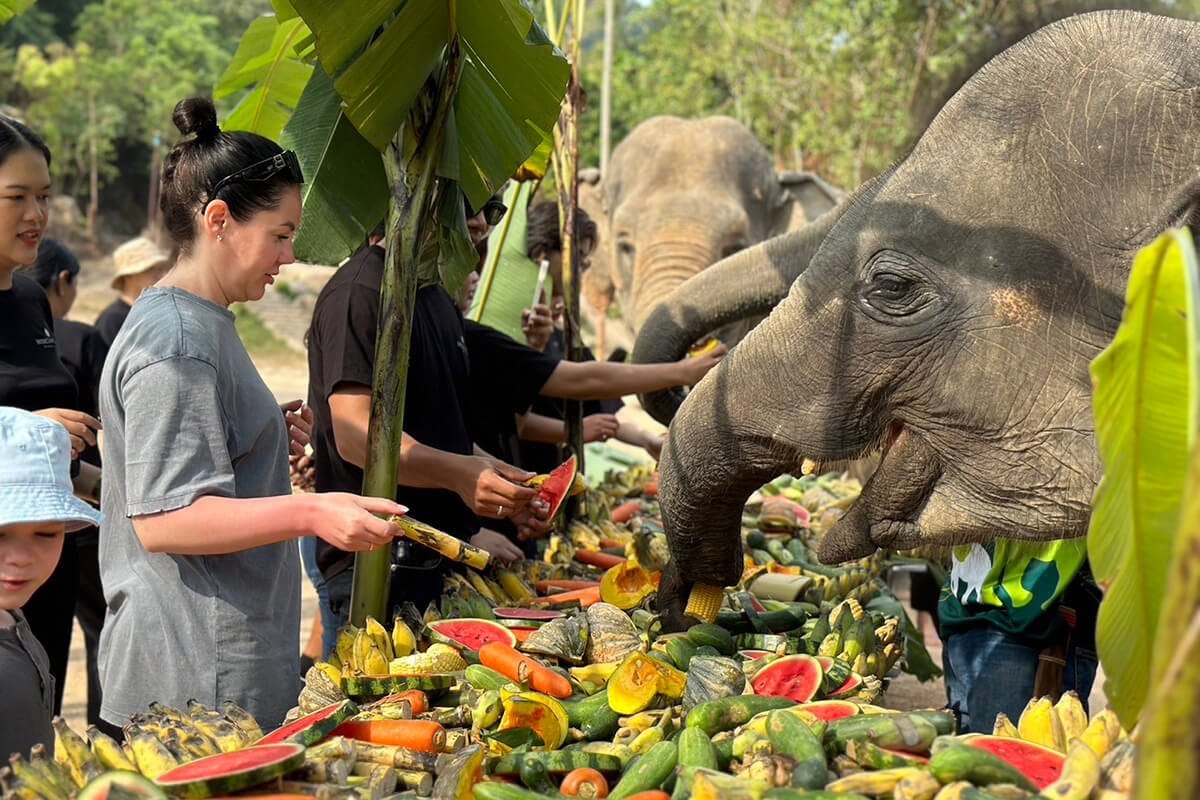The 13th of March was designated as National Thai Elephant Day or Chang Thai Day by the Thai government in 1998. Thailand’s national animal, the elephant, is revered in Buddhist iconography.
Elephants have long held a special place in Thai culture, from their employment as fighters in combat to their use as animals of burden to carry agricultural goods and forest-felled logs. Around 100,000 elephants are thought to have roamed Thailand’s woods at the turn of the 20th century. There are currently between 1,500 and 2,000 wild elephants, with some estimates as low as 1,000, according to the majority of specialists. The rapid demise in the Thai elephant population has occurred from the lack of habitat due to a rising human population together with poaching. Between 3,000 and 4,000 captive elephants are thought to be utilized in the various types of elephant tourism.
The importance of this foundational animal to Thailand is highlighted on National Thai Elephant Day. They act as the forest’s gardeners, scattering diverse seeds covered in organic fertilizer along the way to promote biodiversity. Elephants are among the most intelligent animals that have ever lived on the earth, and they exhibit many of the same emotions as humans. They are devoted to their offspring, suffer deeply when denied a natural existence, and have a strong sense of devotion for other herd members.
To conserve the remaining wild elephant population and give the numerous captive elephants in Thailand a life worth living, every effort must be made. Elephant tourism has recently moved away from traditional activities and toward a more considerate ecotourism approach. More and more people are refusing dangerous practices like riding elephants and engaging in degrading circus antics. Instead, they are opting for ethical types of elephant tourism that allow visitors who respect elephants to freely roam the jungle while they forage, interact, and play.
Elephants are revered as a national animal in Thailand, representing power and honor. May all elephants be treated with the reverence they merit. They have done so much for the community. Now is the time to repay them and provide them the respect they deserve as a significant and extraordinary species.



